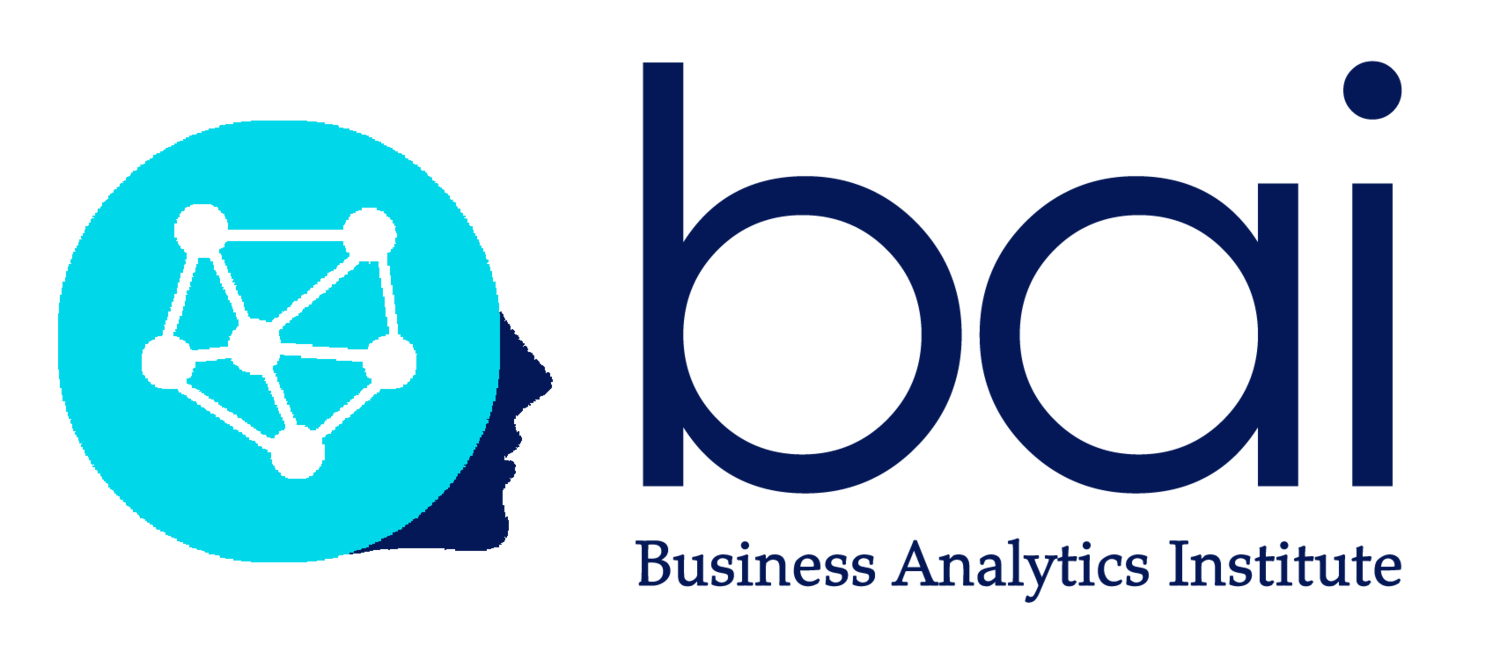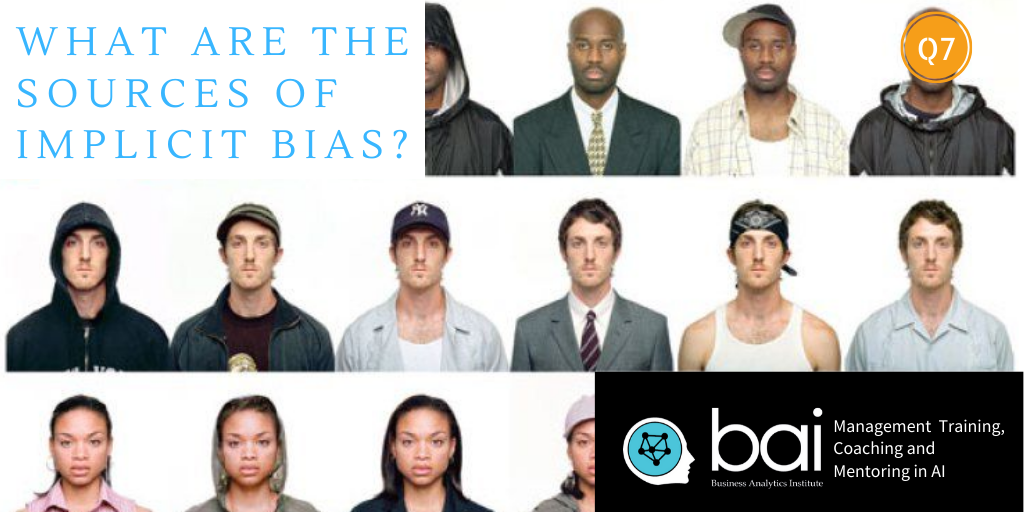Hey Siri, what does it mean to be human?
Before suggesting that AI can enhance human potential, it can be useful to ask what separates humanity from the constant progress of technology.
If the visionaries of artificial intelligence promise to use technology to improve almost every aspect of our daily lives, the proponents of Dataism argue that little differentiates us from the technologies we produce to mimic our behavior. Are human thought and feelings nothing more than programed biochemical responses to environmental stimuli? Let’s consider four unique human traits before asking how machine intelligence can make us better: the notion of human agency, the capacity for abstraction and empathy, the multiple forms of human intelligence, and the capability to differentiate right from wrong.
One fundamental characteristic of humanity is the notion of human agency: the capability to make informed, uncoerced decisions and thus act independently of our environment. Agency is often classified as either subliminal, involuntary behavior, or purposeful, goal directed activity. The degree to which one can act independently of his her environment is open to debate: the primacy of social structure vs. individual will in determining one’s scope of action has been regularly discussed in the social sciences.
For example, to what degree are our actions conditioned by technology we use; i.e. do we communicate differently on LinkedIn than we do on Twitter, Instagram or SnapChat? This said most of us would agree that humanity has at least some degree of free choice: people are self-organizing, proactive, self-regulating, and engage in self-reflection, rather than reactive organisms shaped and shepherded by external events.
A second characteristic of humanity is our capacity for abstraction (the conceptual process where concepts are derived from experience) and for empathy (the ability to understand and to relate to the world around us). Abstraction allows us to act in accordance with our ideals rather than events where empathy “is basically the ability to understand others’ emotions.”.
Empathy can be either cognitive (concerned with thought and understanding), emotional (concerned with feelings and sensations) or compassionate (focusing on Intellect and emotions). Abstraction for example allows us to consider HAL 5000, WALL-E and RD-D2 all to be robots, and empathy allows us to identify with the challenges they faced in each respective film’s storyline.
The third distinguishing feature of humanity Is our use of multiple forms of intelligence — our ability to think both intuitively with the heart, and logically with the mind. Human intelligence undoubtably extends far beyond these two forms of expression, various authors speak of five, seven or even nine forms of human intelligence. Linguistic intelligence evokes the ability to think conceptually and to use language explore complexity. Intra-personal intelligence is the capacity to understand oneself, one’s thoughts and feelings, in applying knowledge in everyday life.
Interpersonal intelligence refers to our ability to understand, to relate, and to interact with our family, associates, and acquaintances. Spiritual intelligence implies a sensitivity and capacity to explore metaphysical questions about human existence and condition. Does augmenting humanity infer enhancing one of these forms of intelligence, and if so, which one?
Finally, a fourth feature of humanity is ethics — shared values that help us differentiate right from wrong. Business ethics are commonly associated with several moral concepts including honesty, integrity, transparency, accountability and privacy. Data ethics involves the study and adoption of data practices, algorithms, and applications that respect fundamental individual rights and societal values.
Because technology influences these ethical standards — i.e. artificial intelligence reflects the visions, biases, and logic of human decision-making, we need to consider to what extent technology can be isolated from the larger economic and social challenges it has been designed to address. Emerging issues such as personal privacy, which metrics allow us to evaluate human progress, and what is the relationship between information and governance suggest that data condition how we see and evaluate the world around us.
Can advances in machine intelligence alone help us understand what it means to be human?
This text is part of our contribution to Jay Liebowitz’s upcoming book on “Data Analytics and AI”. Futher thoughts on digital ethics can be found in our own ebook on Digital Ethics as well as in our management conferences, courses and summer school at The Business Analytics Institute.



